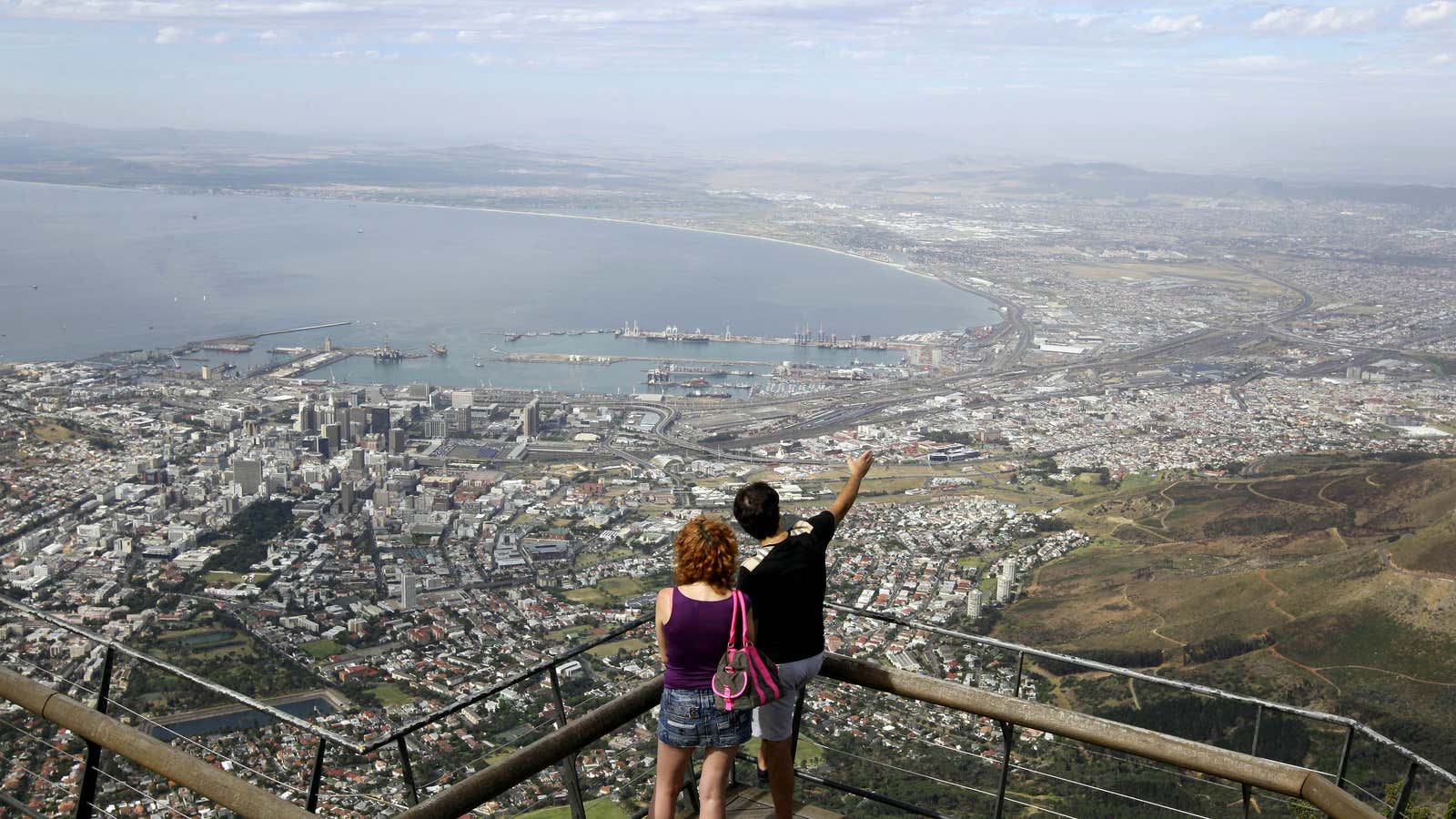As recently as February, South Africa’s tourism minister Mmamoloko Kubayi-Ngubane hailed tourism as an engine of transformation in the country’s economy. Five weeks later, the engine sputtered out as South Africa, like much of the world, had to lock down the country’s borders and economy to halt the spread of the coronavirus.
Now tourism in South Africa is edging toward a revival, with both the government and travel industry mapping out plans to welcome visitors back in phases but there are already concerns it may be too early and instead coincide with the peak of South Africa’s Covid-19 infections.
One industry group, the Tourism Business Council of South Africa (TBCSA), has put forward a plan that aims to reopen the country to visitors from abroad as early as September. The timing ties to the start of the summer travel season, which runs from September through March and accounts for 60% of the roughly $7.1 billion that international visitors spend annually in South Africa.
“We are committed to doing this safely,” says Tshifhiwa Tshivhengwa, TBCSA’s chief executive. “We receive calls every day from tourism companies which are on the brink of having to retrench staff or close down.”
In the first phase of a plan put forward by the group, South Africa would welcome visitors from countries at similar stages of the pandemic. Subsequent phases would expand both the number of countries whose residents are eligible to visit and the destinations within South Africa to be visited.
One challenge with that plan might be it could shut out visitors from some of South Africa’s biggest tourist markets including the United Kingdom and United States, which are likely to still be in the throes of the pandemic for some time.
TBCSA, whose members include hotels and resorts, car rental companies, tour operators and travel agents, has published protocols to guide members’ operations during the pandemic. The protocols would call on each business to designate an officer responsible for health and safety who would oversee such practices as temperature checks of guests, training of staff, hygiene practices and the safe operation of premises.
In a presentation by the group to a parliamentary committee on Tuesday, some lawmakers said the target for tourists from overseas could be too soon; that the goal could run up against the reality of Covid-19 infections, which are projected to peak in South Africa between August and September.
South Africa already has the highest number of Covid-19 infections in Africa with around 53,000 confirmed cases and 1,162 deaths and 29,000 recoveries.
For its part, the government envisions a resumption of travel starting this September, though not on the fast track envisioned by TBCSA. “Based on the Covid-19 epidemic expected trajectory, the first phase of the recovery for the sector will be driven by domestic tourism, followed by regional tourism and international tourism next year,” Kubayi-Ngubane said in May. “Although we will be gradually opening up the sector in the coming months, depending on how the virus is spreading, we expect that the sector will only fully recover towards the end of this year.”
As it has worldwide, the pandemic eviscerated the travel industry in South Africa, where tourism contributes as much as 8.2% to the economy annually and employs one out of every 22 workers.
Tourism holds particular value for an international destination such as South Africa, which takes in about $2.1 billion more each year from tourism-related activities than South Africans spend in other countries. Up 97% of international visitors to South Africa in February came for leisure travel, according to Statistics South Africa.
The industry acknowledges that even if South Africa were ready to receive international visitors, a question remains whether leisure travelers will be ready to board international flights. “When we reopen we are not going to make profit, if we are lucky we might break even, but we want to build trust and create demand,” Tshivhengwa told lawmakers.
Sign up to the Quartz Africa Weekly Brief here for news and analysis on African business, tech and innovation in your inbox
